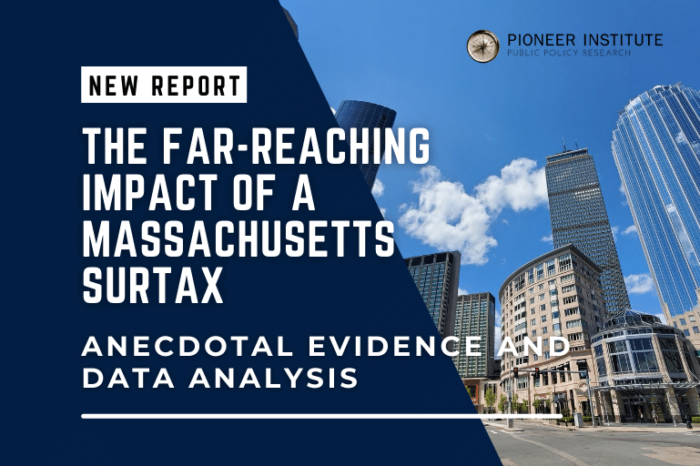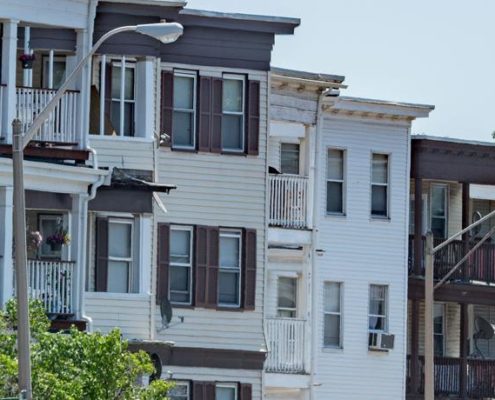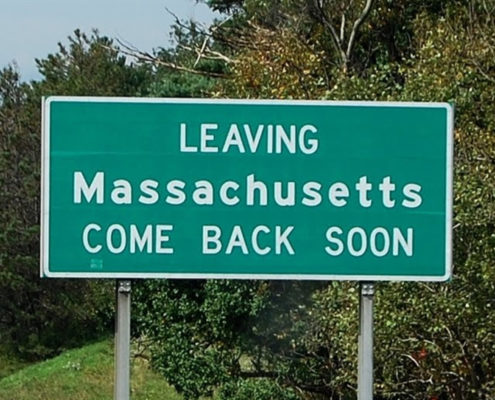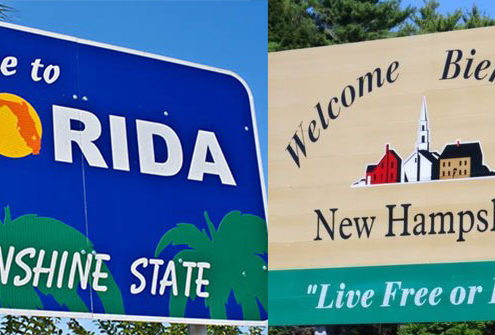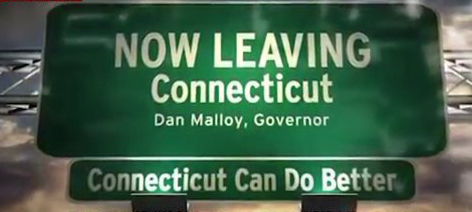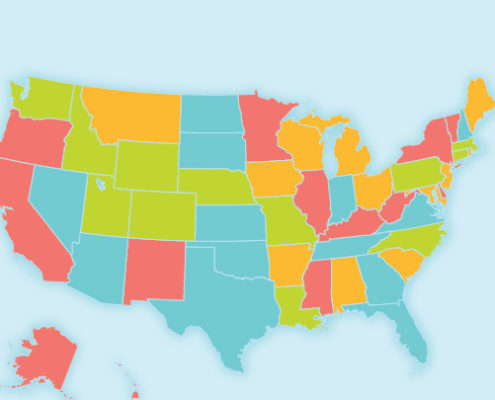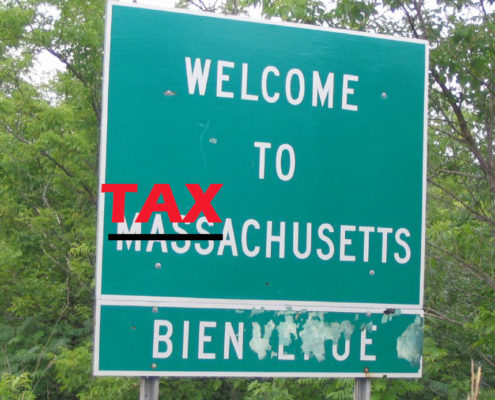Study: “Millionaire’s Tax” Would Have Far-Reaching Effects on “Pass-Through” Businesses
S corporations, LLCs, partnerships would see hefty tax hikes if proposed constitutional amendment is adopted
BOSTON – A proposed graduated income tax that will appear on the statewide ballot in November 2022 will have much more far-reaching implications than most people realize because the surtax also extends to “pass-through” income from entities such as S and limited liability corporations, partnerships, and sole proprietorships that are taxed on individual tax returns, according to a new study published by Pioneer Institute.
The U.S. Census Bureau found that these entities account for about 70 percent of for-profit business entities in Massachusetts and nearly half all those employed by for-profit businesses.
“This tax hike would come on top of other taxes that only apply to these entities,” said Greg Sullivan, author of “The Far-Reaching Impact of a Massachusetts Surtax: Anecdotal Evidence and Data Analysis.” “The result is that these mostly small businesses would not only pay taxes at a higher rate than large corporations, but see their taxes rise more than those corporations would.”
The proposed constitutional amendment would levy an additional 4 percent tax on annual personal income over $1 million, but far more is included within the definition of “personal income” than most people realize.
S corporations are the most common business form in Massachusetts, accounting for 45.5 percent of all for-profit business entities. The Commonwealth is unique in that it levies a “stinger tax” only on S corporations that is layered on top of the individual income tax. If the tax hike amendment is adopted, some S corporations would pay 12 percent of their taxable income above $1 million to the state, while traditional corporations would pay an 8 percent excise tax.
Under the proposed amendment, the surtax would extend to “phantom income” that has been allocated but not distributed to the taxpayer. That means these pass-through entities would pay taxes on income reinvested in business operations and expansion, hiring, capital improvements, durable equipment and infrastructure even though they haven’t received the money to offset the expenses.
Describing the phantom income problem, Suffolk Construction CEO John Fish has said “You’re taking what I would argue is the economic driver of job creation and… penalizing it. It’s going to hearken back to the days of “Taxachusetts.”
Fish added that 25-to-35 percent of Suffolk’s net income is typically reinvested rather than being distributed to owners. While he may not leave Massachusetts if the “millionaire’s tax” is adopted next year, he may begin to focus his business efforts elsewhere.
“We’re going to have to have an adult conversation,” he said.
About the Author
Gregory Sullivan is Pioneer’s Research Director. Prior to joining Pioneer, Sullivan served two five-year terms as Inspector General of the Commonwealth of Massachusetts and was a 17-year member of the Massachusetts House of Representatives. Greg holds degrees from Harvard College, The Kennedy School of Public Administration, and the Sloan School at MIT.
Pioneer’s mission is to develop and communicate dynamic ideas that advance prosperity and a vibrant civic life in Massachusetts and beyond. Pioneer’s vision of success is a state and nation where our people can prosper and our society thrive because we enjoy world-class options in education, healthcare, transportation and economic opportunity, and where our government is limited, accountable and transparent. Pioneer values an America where our citizenry is well-educated and willing to test our beliefs based on facts and the free exchange of ideas, and committed to liberty, personal responsibility, and free enterprise.
Get Updates on Our Economic Opportunity Research
Related Research

